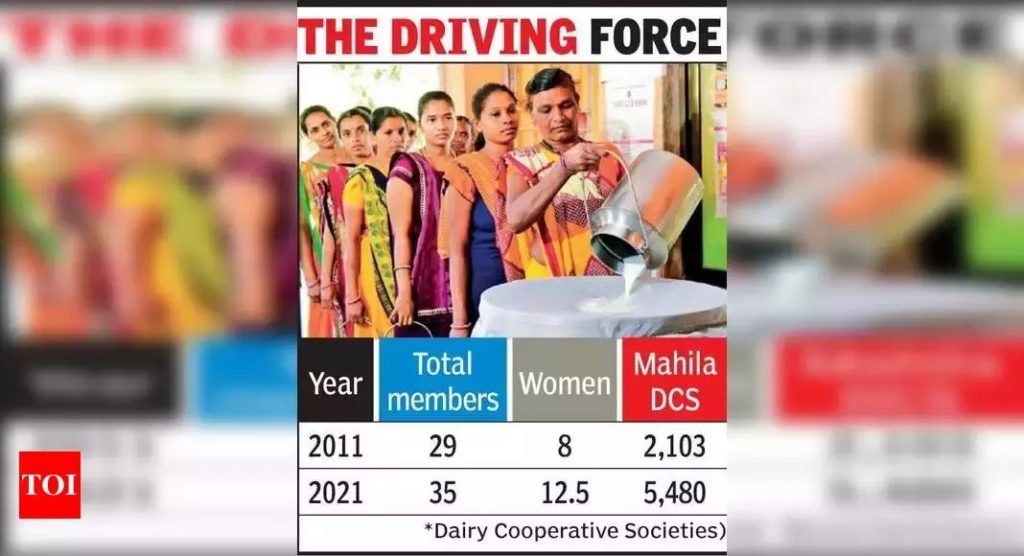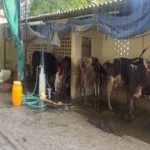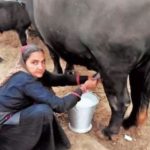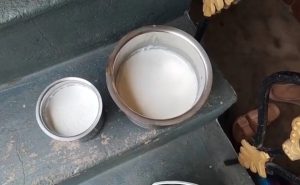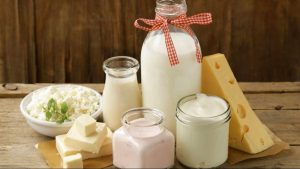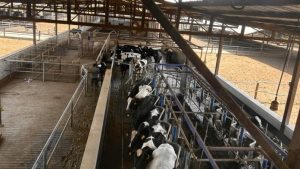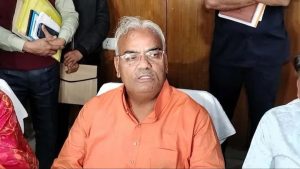
Women dairy entrepreneurs like Mittal are the backbone of the dairy industry in Gujarat – the cradle of India’s White Revolution . A study carried out by research scholars of the Verghese Kurien Centre of Excellence (VKCoE) of the Institute of Rural Management Anand (IRMA) highlights women’s pivotal role in growth of Gujarat’s dairy sector.
A 2018 report by the National Cooperative Union of India, 4.98 million women members contributed to 30% of the total membership in cooperative societies. In Gujarat alone, out of 34.94 lakh milk producer members, 36% (12.5 lakh) members are women.
“Involvement of women in dairy business has enabled them to become financially independent and self-driven micro-entrepreneurs,” said VKCoE’s chairman Dr J B Prajapati, whose students — Shweta Krishnan, Ankit Sontakke and Pankaj Parmar — carried out the study.
Mittal provides employment to 17 people while engaging three women full time on her farm.
In Motipura DCS of Kapadvanj taluka, all the 400 dairy farmer members are females.
This ‘mandali’ which had started with around 400 litres of milk daily in 2006 crossed the 10,000 litres mark in 2019 when its turnover touched Rs 24 crore per annum.
“Every dairy household in our village has a minimum of 10 cattle. NABARD has provided subsidies worth Rs one crore to women farmers for purchasing cattle. This has improved milk pouring capacity.,” said Sharda Patel, who is also a member in the board of Kaira District Milk Union.
Forty-year-old Gayatri Patel from Ajarpura village of Anand had just five calves in 2016. She and her husband are now owners of Vansh dairy farm with 75 cattle and a turnover of around Rs 34 lakh per annum.
“Dairy farming has made me ‘atmanirbhar’,” said Gayatri, who sells 400 litres of milk daily to the Ajarpura dairy cooperative society (DCS) which has 30 female members.
